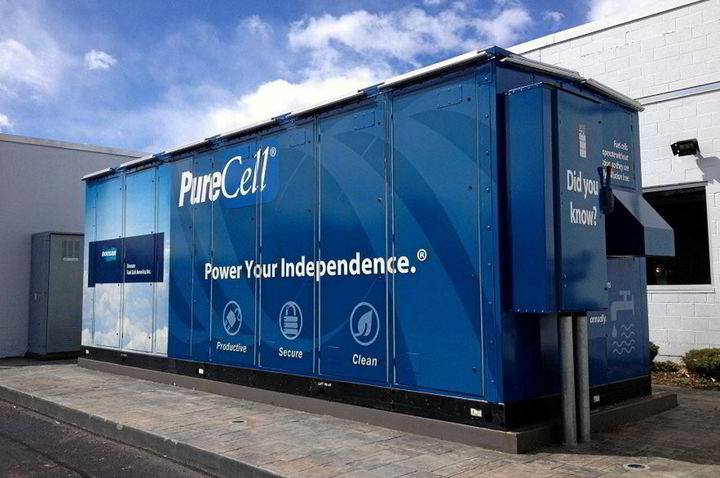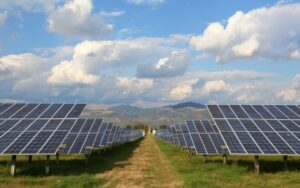South Korea passes 1GW of hydrogen fuel cells installed for power, but ‘market not gaining momentum’

South Korea has become the first country to pass the 1GW mark for fuel cells installed for power generation.
The country has commissioned 1,036MW as of 2023, according to statistics from the Korea Hydrogen Fuel Cell Industry Association and Korea Power Exchange cited by local news site Electimes.
This is far ahead of the US and Japan, which as of 2022, respectively had 550.6MW and 336MW of fuel cells installed, mainly for use as emergency back-up generators.
However, South Korea is building small-scale power plants using the technology, with the first auctions specifically for power generated by clean hydrogen — ie, produced with less than 4kg of CO2 per kg of H2 — to be held this year and next.
Korea Power Exchange confirmed in a recent briefing session that it would tender for 6,500GWh this year for delivery by 2027, although only 3,500GWh would need to be generated in the first year of commercial operation, and 3,000GWh in 2025 for delivery in 2028.
Slow progress
Passing the 1GW mark might not represent good news for the Korean fuel cell manufacturing industry, however.
Article continues below the advert
“It seems that this market is gaining momentum, but this is not the case,” an anonymous industry source told Electimes.
Only 157MW of new fuel-cell generators were installed in 2023, a slight increase from the 142MW installed the previous year. Meanwhile, the most recent hydrogen power auction, which tendered 1,300TWh a year from 2023 to 2025, only represents around 200MW of new fuel-cell capacity.
“Manufacturers have been preparing for this by expanding their facilities in anticipation of the government’s policy to promote hydrogen, but now domestic demand is lower than expected, and some manufacturing plants have been shut down,” the industry source continued.






